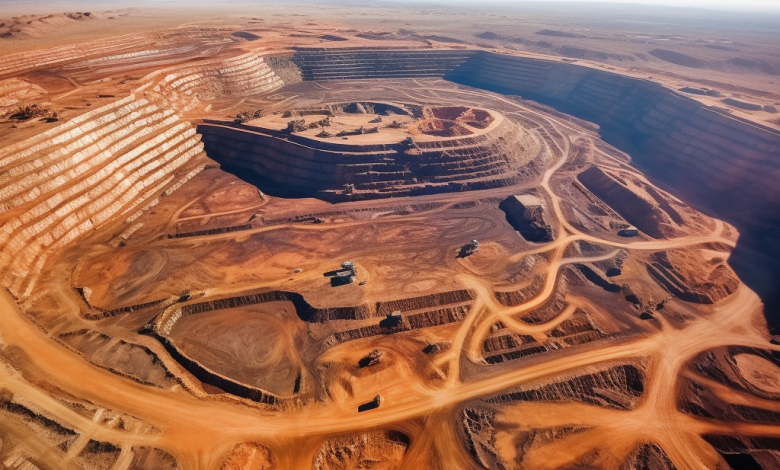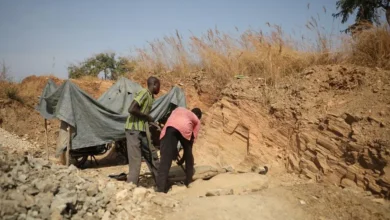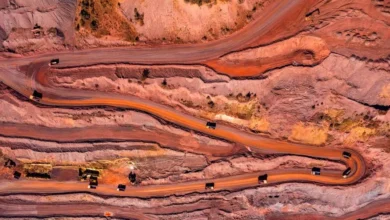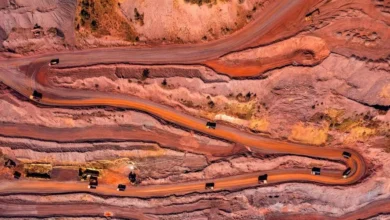
- Uranium Emerges as Key Resource: The GCC countries possess substantial reserves of uranium, a mineral with vast utility across various industries, notably energy production.
- Diversity in Mineral Resources: Beyond uranium, the GCC region also hosts a range of other common minerals like calcium carbonate, used in several industries including construction and agriculture.
- Economic Diversification Through Minerals: The GCC region, traditionally reliant on hydrocarbons, has started focusing on solid mineral resources to diversify its economy. The potential of the region's mineral sector is vast, extending beyond oil and gas.
- Mining Policy Evolution: Policies in the GCC are evolving to facilitate mining and exploration activities, creating a favorable environment for the extraction and processing of minerals. This shift is helping the region transition from a predominantly oil-based economy to a more diverse and resilient one.
Introduction
The Gulf Cooperation Council (GCC), a regional political organization comprised of six member states (Saudi Arabia, the United Arab Emirates, Kuwait, Oman, Qatar, and Bahrain), is a region of substantial mineral wealth. This wealth, traditionally centered around hydrocarbons like oil and natural gas, has more recently begun to diversify into solid mineral resources. An array of common minerals, each with its specific uses and markets, underlies the potential of the GCC’s mineral sector [1, 2, 3]. The purpose of this feature is to delve into the most common minerals found in the GCC and their importance for the region’s economies.
Uranium: A Significant Mineral Resource
One of the most significant minerals found in the GCC region is uranium. The GCC countries possess ample reserves of uranium, positioning them among the world’s wealthiest nations in terms of mineral wealth. This mineral has received considerable attention due to its extensive utility across various industries, offering numerous benefits [6, 10].
The uranium found in the GCC region is primarily used for energy production. Given the increasing demand for energy worldwide and the move towards nuclear power as an alternative to fossil fuels, uranium resources are seen as crucial for the future.
Other Common Minerals in the GCC Region
While uranium is an important part of the mineral wealth of the GCC countries, it is not the only resource available. Other common minerals, including calcium carbonate, can also be found in abundance [4].
Calcium carbonate is a versatile compound found in minerals, biological sources, and geological formations. This mineral is integral to various industries, including construction, medicine, agriculture, and others. It can be extracted from rocks or produced chemically, making it a highly accessible resource.
While the GCC region is largely arid and not known for its abundance of certain rock types like igneous, sedimentary, and metamorphic rocks, which are the primary sources of many common minerals, it does possess substantial mineral resources that have yet to be fully exploited. Given the region’s geological history, one can expect to find a variety of minerals depending on the location.
Diversifying Economies and Mining Policy in the GCC
Mining has historically been a significant industry in the GCC, especially for commodities like oil and gas. However, with changing global markets and the ambition to to make room for new ones.




